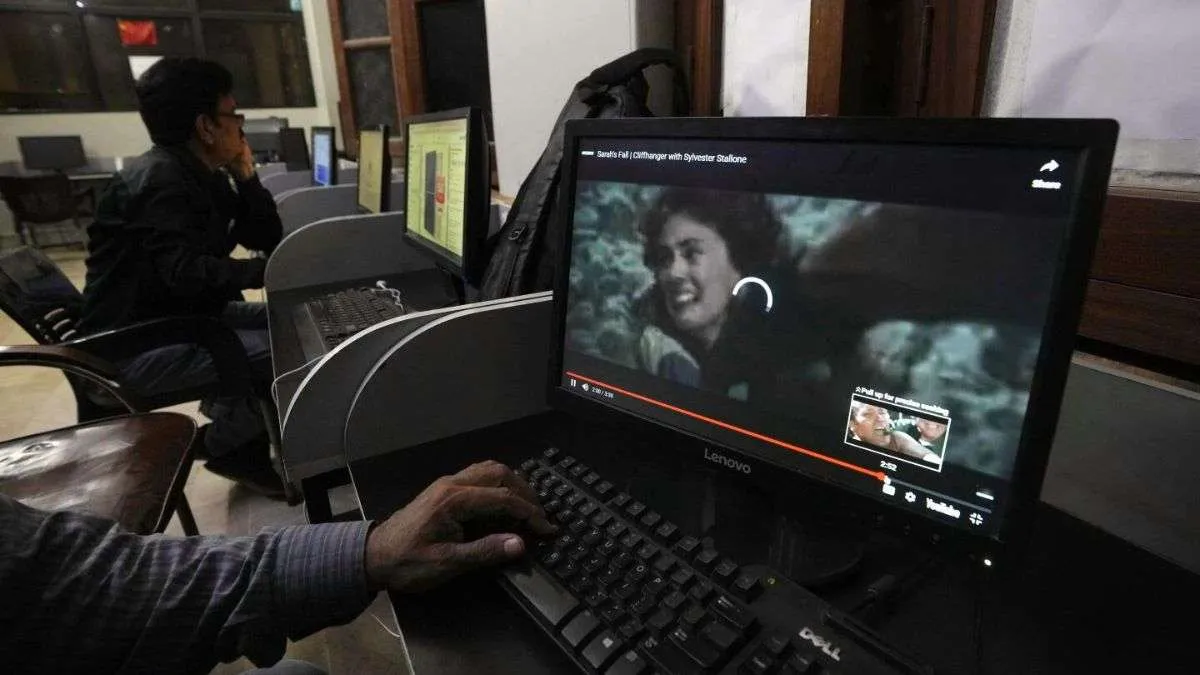Pakistan Internet Outages Highlight Overloading Issues and Absence of 5G Services

Pakistan's Internet Crisis
Pakistan is currently facing significant internet outages affecting multiple cities, primarily due to overloading of network infrastructure. Reports indicate that major urban centers like Karachi, Rawalpindi, and Lahore are experiencing severe slowdowns in internet connectivity. The issues have arisen as cellular operators upgrade systems to handle increasing demands for bandwidth.
Impacts of Overloading
The upgrades to accommodate up to 9 terabytes of traffic have led to frustrating access limitations, particularly on social media platforms like WhatsApp, which has become practically unusable for many. Basic services such as online banking and ride-hailing have also been disrupted, leading to operational challenges for businesses reliant on stable internet connections.
Current State of Internet Speed
- Internet speeds have reportedly slowed down between 40% to 80% compared to previous weeks.
- The increase in usage of VPNs has been cited as a contributing factor, with more users pivoting to these services in response to local restrictions and internet management policies.
- Despite assurances from government officials that the situation is not a deliberate shutdown, the perception among the public is one of restricted access and frustration.
Cybersecurity Measures
In the context of these internet issues, officials have stated that upgrades to the web management system are necessary to improve cybersecurity. There are ongoing debates regarding the implications of a firewall system that aims to monitor and potentially censor internet usage in Pakistan, sparking concerns about freedom of expression.
Future of 5G Services
Further compounding these issues is the ongoing delay in the rollout of 5G services. Initial promises made by the government for a launch by August have not been fulfilled, leaving many users without access to faster network services.
This article was prepared using information from open sources in accordance with the principles of Ethical Policy. The editorial team is not responsible for absolute accuracy, as it relies on data from the sources referenced.